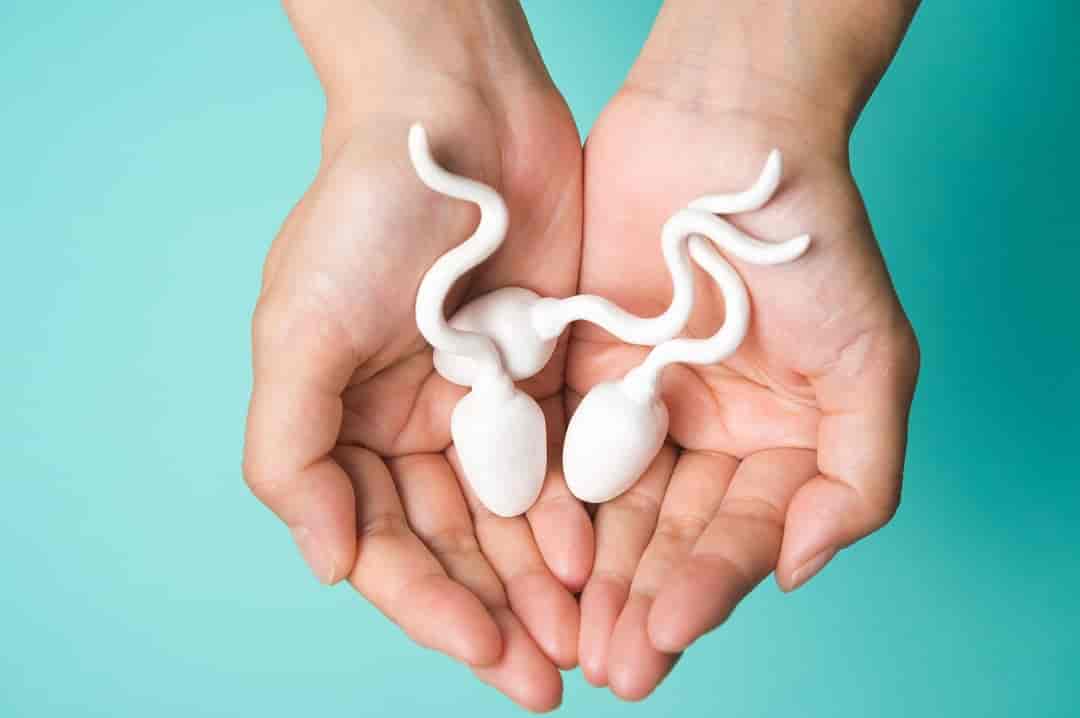What is Oligospermia? And What Are the Treatment Options?
Catagory: Obstetrics Author: Dr Rekha Prabhu

Oligospermia is a medical condition that affects male fertility. It is characterized by a low sperm count in the semen, which can make it difficult or impossible for men to conceive a child naturally. While some men with oligospermia may still be able to father a child through assisted reproductive technologies such as in vitro fertilization (IVF), the condition can be a source of significant emotional distress for couples who are struggling to conceive.
In this article, we will explore what oligospermia is, what causes it, and what treatment options are available for men who are struggling with this condition.
What is Oligospermia?
Oligospermia is a condition in which the semen of a man contains a low concentration of sperm cells. This condition is also known as low sperm count. According to the World Health Organization (WHO), a healthy male adult should have at least 15 million sperm cells per milliliter (ml) of semen. A normal sperm count is typically considered to be between 15 and 200 million sperm per milliliter of semen.
Sperm count is not the only factor that affects male fertility, however. Other factors that can impact fertility include sperm motility (the ability of sperm to move through the female reproductive tract), sperm morphology (the shape and size of sperm), and overall sperm health.
What Causes Oligospermia?
There are many potential causes of oligospermia, including:
- Hormonal imbalances: Hormonal imbalances can disrupt the production of sperm in the testes, leading to a low sperm count.
- Varicoceles: A varicocele is a swelling of the veins that drain the testicles. This can cause overheating of the testicles, which can impact sperm production.
- Infections: Infections such as epididymitis or prostatitis can interfere with sperm production and cause a low sperm count.
- Medications: Certain medications, including chemotherapy drugs, can damage the cells in the testes that produce sperm.
- Lifestyle factors: Certain lifestyle factors such as smoking, alcohol use, and drug use can also impact sperm production and contribute to oligospermia.
- Genetic factors: In some cases, oligospermia may be caused by genetic factors such as chromosomal abnormalities or mutations.
What are the Treatment Options for Oligospermia?
The treatment options for oligospermia depend on the underlying cause of the condition. In some cases, lifestyle changes or medications may be enough to improve sperm count and overall fertility. In other cases, more advanced treatments such as assisted reproductive technologies may be necessary.
Lifestyle changes: Making certain lifestyle changes can help to improve sperm count and overall fertility. These changes may include quitting smoking, reducing alcohol and drug use, and maintaining a healthy weight.
Medications: Certain medications may be prescribed to improve sperm count and overall fertility. These medications may include hormones, such as testosterone or clomiphene citrate, which can help to regulate hormonal imbalances and improve sperm production.
Surgery: In some cases, surgery may be necessary to correct an underlying condition that is causing oligospermia. For example, surgery may be used to repair a varicocele or to remove a blockage in the male reproductive tract.
Assisted reproductive technologies (ART): If other treatments are unsuccessful, assisted reproductive technologies such as intrauterine insemination (IUI) or in vitro fertilization (IVF) may be used to help couples conceive. These technologies involve collecting sperm from the male partner and then using it to fertilize the female partner’s eggs in a laboratory setting.
Donor sperm: In cases where a male partner has severe oligospermia or other fertility issues that cannot be treated, donor sperm may be used to help the couple conceive.
Varicocele surgery: If the cause of oligospermia is a varicocele, surgery may be recommended to repair the enlarged veins in the scrotum. This can help to improve sperm production.
Antibiotics: Antibiotics may be prescribed to treat infections such as orchitis, prostatitis, and epididymitis.
Natural remedies: Certain natural remedies such as acupuncture, herbal supplements, and changes in diet and exercise may also help to improve sperm count. However, it is important to consult a healthcare provider before trying any natural remedies.
Conclusion
Oligospermia is a condition in which the semen of a man contains a low concentration of sperm cells. It can be caused by various factors such as infections, hormonal imbalances, genetic factors, medications, and lifestyle factors. The most common symptom of oligospermia is difficulty in conceiving a child. The treatment options for oligospermia are Lifestyle changes, Medications, Surgery, Assisted reproductive technologies (ART), Donor sperm, Varicocele surgery, Antibiotics, and Natural remedies.
Recent Post
-
Common Gynecological Issues and When to See a Specialist in Vijayawada: Insights
-
Gynecological Health for Teens: Expert Guidance from Vijayawada Specialists
-
Embracing Women's Wellness: The Holistic Path to Reproductive Health
-
Unlocking Gynecological Health: Expert Insights by Dr. Rekha Prabhu
-
Beyond Birth: Navigating Women's Health Throughout Every Stage of Life
-
Yoga for Women’s During Pregnancy
-
Genetic Testing in Gynecological Healthcare
-
Exercises for Pelvic Floor Health
-
Unveiling the Vital Link: Sleep and Women's Health | Dr Rekha Prabhu
-
Exploring the Benefits of Meditation and Yoga for Women's Health
-
Understanding and Managing Common Pregnancy Complications
-
Endometriosis: Diagnosis, Treatment, and Lifestyle Management
-
The Connection Between Diabetes and Pregnancy
-
What You Need to Know About Uterine Fibroids
-
The Connection Between Menopause and Osteoporosis
-
The Importance of Regular Gynecological Checkups
-
The Benefits of Breastfeeding for Mother and Baby
-
Essential Tips for a Healthy Pregnancy: Diet, Exercise, and Expert Guidance
-
The Role of Genetics in Gynecology and Obstetrics
-
The Risks and Benefits of Hormone Replacement Therapy
